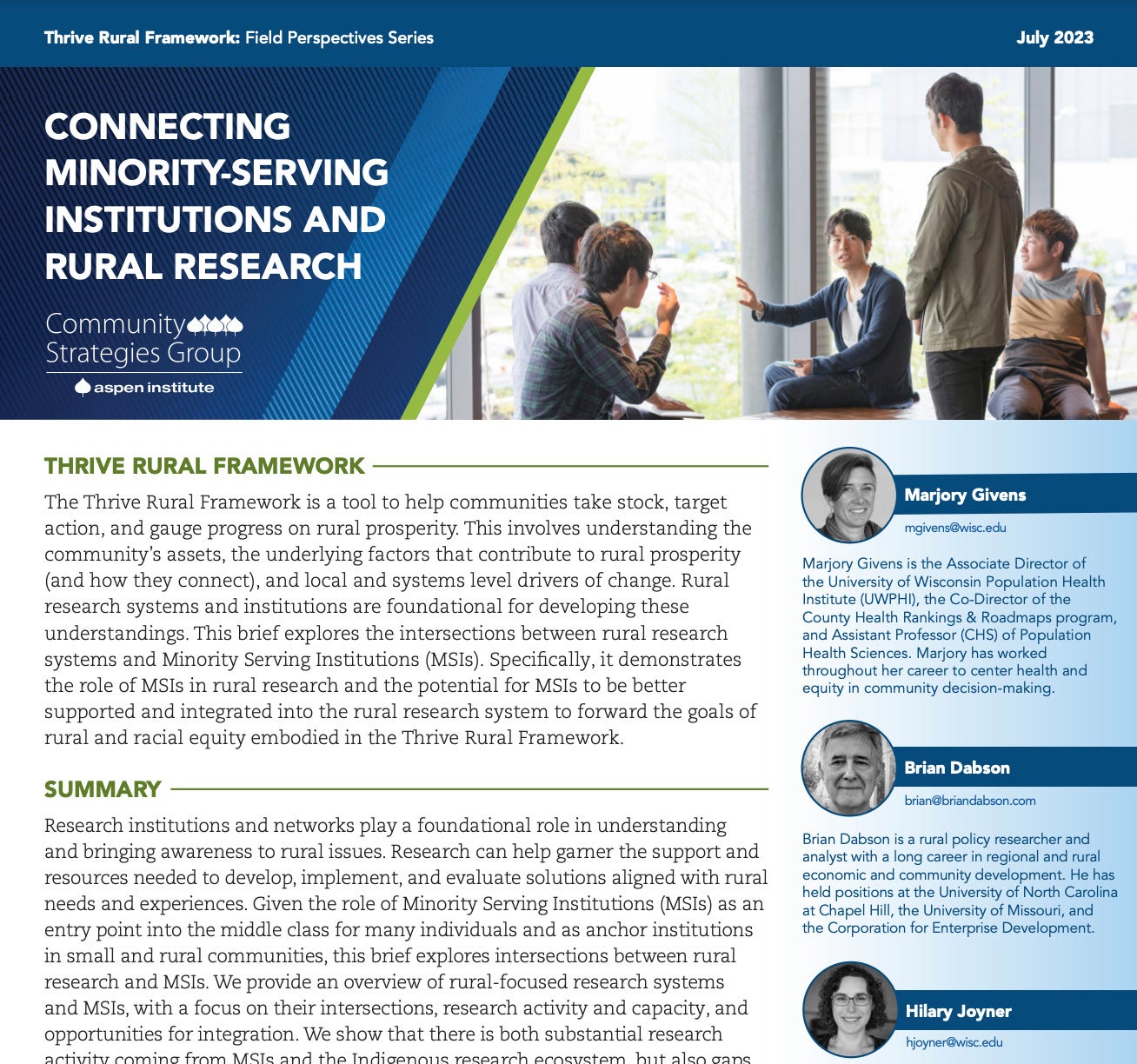There’s some narrative dissonance happening in America, and it’s been going on for decades. On one hand, we tell every child that their ticket to financial security is a college degree. On the other, we bemoan the loss of skilled tradespersons and say that “college isn’t for everyone.” (It is wryly noted that the “everyone” that college isn’t for rarely includes the children of the speaker.)
Just a few decades ago, this was a much more harmless contradiction than it is today. But thanks to federal and state disinvestment in higher education, students are graduating with ever-higher loads of educational debt — and it’s keeping one in five Americans in debt servitude, to the tune of $1.5 trillion.
Education technology company Chegg and the Aspen Institute Financial Security Program recently hosted a webinar on the matter, and gave a frank assessment of where we are and what some companies are doing to alleviate the problem for their employees. Panelists discussed the realities of today’s students, who tend to be less like the traditional four-year students of yesteryear. They often juggle jobs and family responsibilities that require them to take a more fractured approach to higher education. And that’s before the difficulties of paying for it.
College loans enable access to higher education for those who couldn’t afford it otherwise. But that opportunity isn’t equally distributed across race, gender, and income lines — and it can be devastating for those who are unable to complete their degrees, saddling them with all of the debt and none of the increased earning potential. For-profit colleges have been shown to prey on low-income and minority populations, and are largely unregulated in spite of federally guaranteed loans being the major source of their income.
Ajita Talwalker Menon, Special Assistant to the President for Higher Education Policy in the Obama administration, says, “I believe it’s the federal government’s job to establish baseline standards and to do two things. One is to de-risk the opportunity for individuals and the second is to ensure that colleges are producing that value.”
She spoke in the second half of the webinar, on a panel of education and policy experts. The solution to the either/or college decision, they suggested, may be something in between — a system of certifications, “badges,” or micro-degrees that would not only guarantee skills to a potential employer, but would allow lifelong learning for workers who don’t want to fall behind. While several universities and corporations are advancing that idea in innovative ways, there’s no central agency that guarantees the quality of the micro-education students are paying for.
There are lots of Americans (one assumes at least 44 million of them) that would like to see college loan debt completely eliminated. Until we get there, we can certainly work on accumulating less of it.

